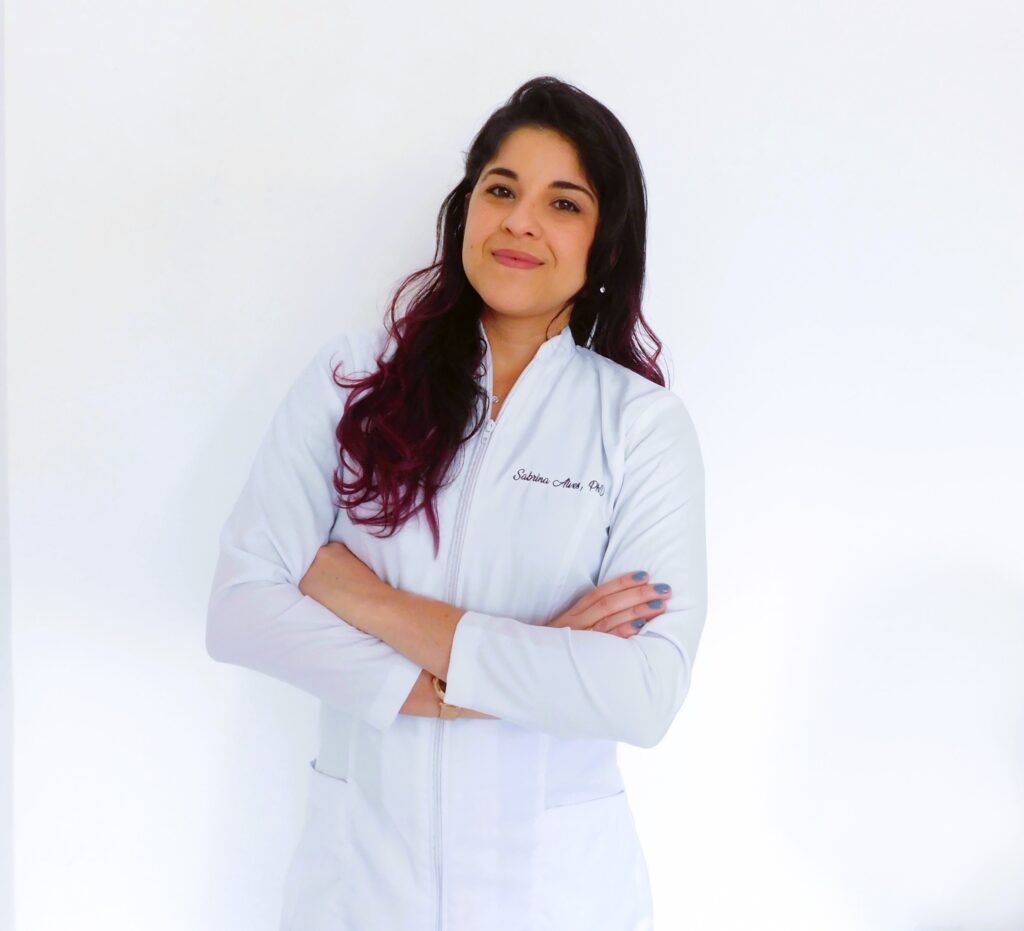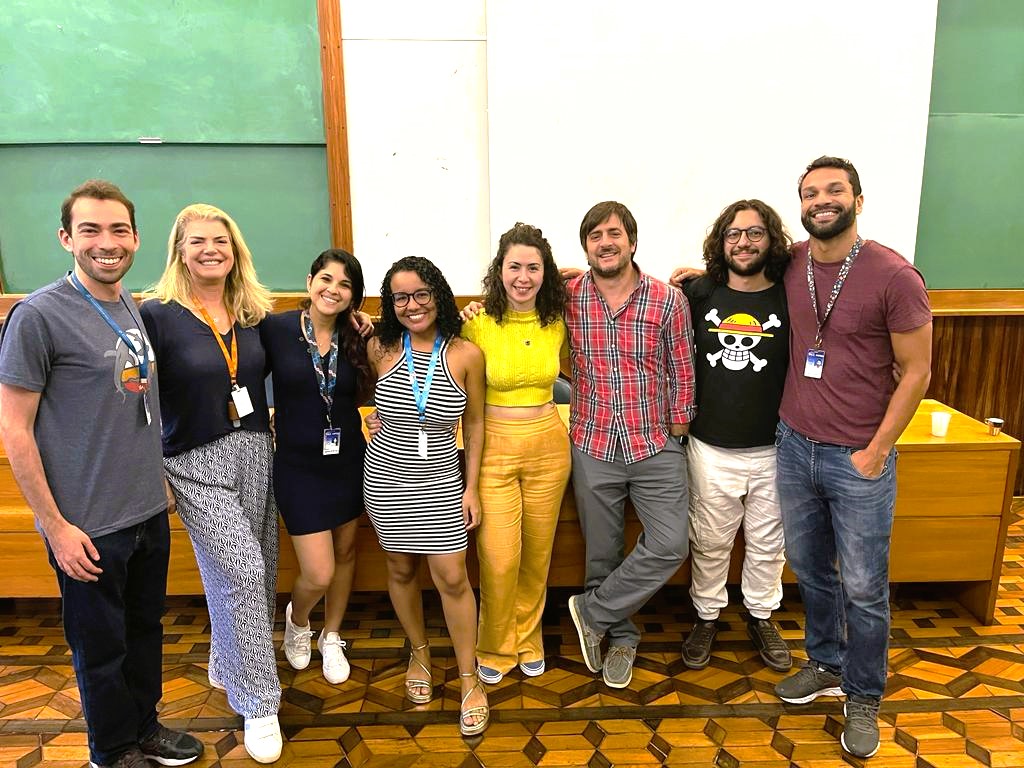
In our third and final installment of the Promega qPCR Grant Recipient blog series, we highlight Dr. Sabrina Alves dos Reis, a trained immunotherapy researcher. Her work has focused on developing tools for more accessible cancer therapies using CAR-T cells. Here, we explore Dr. Alves dos Reis’ academic and scientific journeys, highlight influential mentorship and foreshadow her plans for the Promega qPCR grant funds.
Dr. Alves dos Reis’ career began with a strong affinity for biology. As an undergraduate student, she pursued a degree in biological science, where she developed a foundational understanding for designing and developing research projects. As her passion for science heightened, she decided to continue her journey in science, culminating in a PhD at the Fundação Oswaldo Cruz Institute in Rio de Janeiro, Brazil. Her research projects focused on the unexplored territory of adipose tissue as a site for Mycobacterium leprae—or leprosy bacillus—infection. She mentioned that this work piqued her curiosity for improving immunotherapies and laid the foundation for her future in cancer research.

When asked about formative mentors along her path through science, Dr. Alves dos Reis wished to highlight her postdoctoral advisor, Dr. Martin Bonamino, whom she describes as an exceptional mentor. She states that Dr. Bonamino’s dedication and extensive collaborative network have been instrumental in shaping her research pursuits. With Dr. Bonamino’s guidance, she honed her research skills and developed a strong foundation for her future work in immunotherapy.
Currently, Dr. Alves dos Reis is a post-doctoral researcher at the Brazilian National Cancer Institute. Her projects involve the development of CAR-T cell immunotherapies for leukemia and lymphoma. She utilizes the Sleeping Beauty non-viral system, a genetic engineering technique that uses transposons to insert and transfer specific DNA sequences into the genome of a host organism, enabling efficient modification of genetic material without the need for viral vectors. This innovative approach simplifies the generation of CAR-T cells for leukemia and lymphoma treatment. With the funds from the Promega qPCR grant, she will continue this foundational work and ultimately contribute to more cost-effective and accessible cancer therapies, potentially transforming the way these diseases are treated.
We asked Dr. Alves dos Reis what advice she would offer her younger self and her answers connect to success in both implementing real-time qPCR experiments and building a successful research career. Dr. Alves dos Reis emphasized the importance of persistence in science to folks at all career levels. She mentions that experiments can be frustrating, but the key lies in persevering, understanding the systems at play and utilizing the right tools to achieve better results. Real-time qPCR projects require a high level of both persistence and patience. Dr. Alves dos Reis notes that with proper sample handling, the use of high-quality reagents and a little bit of perseverance, one can be successful in real-time qPCR and beyond.
We look forward to hearing stories of perseverance and success that result from Dr. Alves dos Reis’ Promega qPCR grant and wish to congratulate her again on this fantastic accomplishment.
Keep up with Dr. Sabrina Alves dos Reis on LinkedIn (https://www.linkedin.com/in/sabrina-alvesr/) and learn more about the Promega qPCR Grant here!
Related Posts
Anna Bennett
Latest posts by Anna Bennett (see all)
- No More Dead Ends: Improving Legionella Testing with Viability qPCR - March 18, 2025
- Strengthening Water Safety Measures with Advanced Detection - February 18, 2025
- Understanding and Combating Legionella in Water Systems with Viability PCR - January 21, 2025
